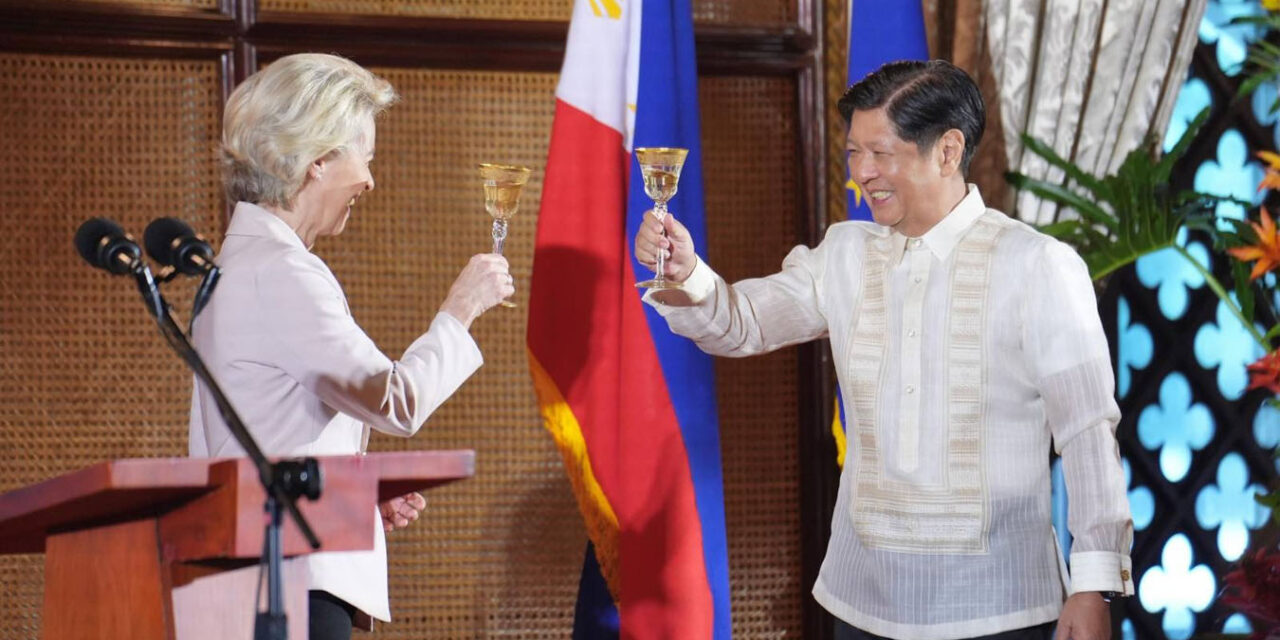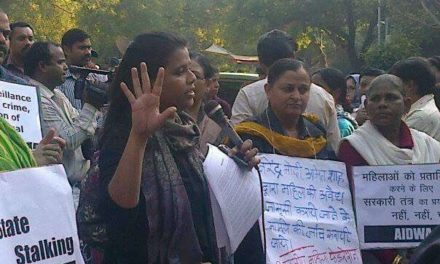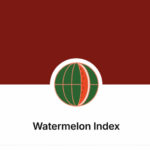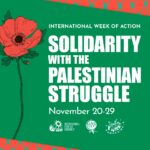President
European Commission
Dear President von der Leyen:
Trade Justice Pilipinas welcomes you to the Philippines.
Your visit comes at a time of continuing human rights and social justice challenges in our country.
We understand that the Commission is eager to normalize relations with the Philippines under the new Marcos administration, and move forward to renewing the close economic ties that were strained during the administration of Rodrigo Duterte.
We would like to believe that the EU’s concern for human rights, in the wake of the extrajudicial killings from Duterte’s violent war on drugs, the continued incarceration of opposition Senator Leila de Lima, and attacks against journalists and human rights defenders – was partly the reason for the souring of relations in recent years.
Despite the strong projection of the EU, however, as a global champion of democracy and human rights, for which it won the Nobel peace prize over a decade ago, we feel that the Commission did not do enough to support the various calls and efforts to put pressure on Duterte to stop the killings and address the deteriorating situation in the Philippines. A situation, which was characterized by the United Nations Office of the High Commissioner on Human Rights (OHCHR) in its report in 2020 of “widespread and systematic violations of human rights arising from “heavy-handed focus on countering national security threats and illegal drugs.”
The Philippines is a recipient of trade preferences from the EU under its Generalized System of Preferences-plus program, which sought the implementation by the Philippines of its commitments under 27 international human rights and labor rights conventions. Despite repeated calls from the European Parliament and civil society organizations from the Philippines and Europe as early as 2017, the Commission did nothing to initiate temporary withdrawal procedures as a way to pressure the government to address these grave human rights concerns.
At the beginning of 2019, the time of your election to the presidency of the Commission, the Philippine Commission on Human Rights pronounced that the number of deaths from the drug war could be as high as 27,000. The Philippines also became one of the deadliest countries in the world for environmentalists, ranking first in the world with 43 killed in 2018, and second with 30 killed in 2019.
In its July 2023 report, CIVICUS monitored that “the state of civic space in the Philippines is rated as ‘repressed’. Concerns documented in recent years include the arrest and detention of activists often on fabricated charges. Civil society has also documented the criminalisation, harassment, and attacks against journalists. Human rights defenders have been ‘red-tagged’, putting them at risk of arrest or even killing. Restrictions on foreign funding for NGOs have also been documented. Accountability for these actions has been virtually non-existent.”
The Commission on Human Rights in its report on investigated killings in relation to the anti-illegal drug campaign published in April 2022 found that “overall, the government has failed in its obligation to respect and protect the human rights of every citizen, in particular, victims of drug-related killings. It has encouraged a culture of impunity that shields perpetrators from being held to account.”
The violence and killings have also gone beyond the anti-drug campaign. From 2016 to July 2023, 69 trade union leaders have been assassinated. So far, not a single case received justice. Meanwhile, hundreds have been subjected to red-tagging, a dangerous practice that makes trade union leaders vulnerable to various forms of harassment, including being assassinated. Red-tagging is continuously perpetrated by NTF-ELCAC even after the change in government in 2022.
This is the reason why the country is once again included, for the 7th year in a row, as one of the Top 10 Worst Countries for Workers according to the ITUC Global Rights Index.
The Marcos administration would have had a chance to address these issues after the ILO High Level Tripartite Mission visited the country last January 2023. But rather than earnestly implement all the recommendations of the Tripartite Mission, the government opted to cherry-pick the recommendations.
Now, under the new Marcos government, reports from human rights groups and civil society organizations have shown the “practice of unjustly jailing activists and other dissenters, slapping them with trumped-up charges in order to justify their prolonged detention continues. One of the most alarming trends is the rapid rise in the number of involuntary disappearances. Eight victims of enforced disappearance have been documented in the first ten months of Marcos Jr.’s rule.” In the same report, the groups have monitored that the “Marcos administration has increased the dangerous and at times fatal ‘red-tagging’ of activists deemed to be supporting the insurgents. Further, the authorities are still arbitrarily arresting and detaining activists.”
The Marcos administration’s continued refusal to cooperate with the International Criminal Court’s (ICC) investigation on the drug-related killings is further proof of its lack of commitment to seeking accountability and justice for the victims and their families.
Despite this backdrop, there are reports that these trade preferences under the GSP+ program, which are set to expire this year, will be extended. Furthermore, the stalled negotiations for an ambitious and comprehensive EU-Philippines free trade and investment agreement will soon be restarted. It seems to us that social justice and human rights have taken a back seat to the economic agenda of the EU.
Trade Justice Pilipinas would like to take this opportunity for your official visit to the country to express our view that the human rights and social justice crisis in the Philippines continues. And that behind the veil of normalization are victims of human rights violations and abuses crying out for accountability and justice. That the pursuit of a pro-corporate development agenda, while benefiting a few are causing harm to the majority.
The strengthening of diplomatic relations between the European Union and the Philippines must rest on the recognition of both parties of the primacy of human rights and the common desire towards the attainment of social justice. Enforcing this recognition in all levels of this partnership is what we consider “shared interest and value” in practice, not the lip-service we actually see.#
Trade Justice Pilipinas
31 July 2023
Contact:
Joseph Purugganan
Co-Convenor, Trade Justice Pilipinas
No. 19 Maginhawa Street, UP Village
Diliman, Quezon City








